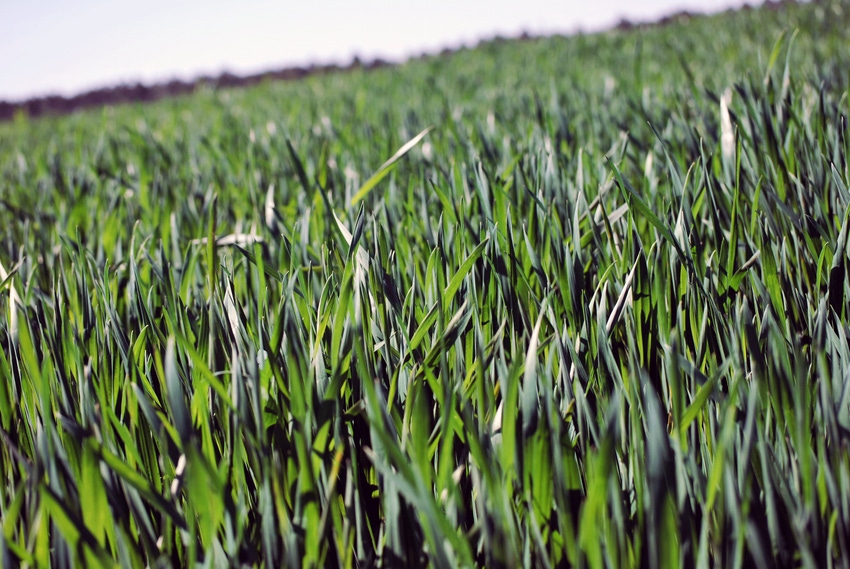June 30, 2016

Judge Kimberly Mueller on June 10 in the U.S. Eastern District Court of California found that John Duarte, a nursery operator and wheat farmer, plowed wetlands four to six inches deep, and therefore violated the Clean Water Act.
The Judge found Mr. Duarte, by chiseling a pasture, discharged fill material into a water (vernal pool) of the United States. Get this! The Court wrote “In sum, soil is a pollutant. And here, plaintiffs instructed [a contractor] to till and loosen soil on the property.”
This plowing, according to the Court, caused “…the material in this case soil, to move horizontally, creating furrows and ridges.” You will not believe this.
The Court wrote, “This movement of the soil resulted in its being redeposited into waters of the United States at least in areas of the wetlands as delineated...” In sum, the Judge found that chiseling no more than a few inches of soil constituted an addition of a pollutant to a wetland.
Stunning!
The Court also evaluated whether the tractor and soil chisel plow were point sources under the CWA. The Court cited cases which found that bulldozers, backhoes, graders, tractors pulling discs and rippers can be point sources under the CWA.
The Court describes Mr. Duarte’s equipment as having 7 shanks with 24-inch spacing and each shank was 36 inches long. The Court wrote, “The equipment loosened and moved the soil horizontally, pulling the dirt out of the wetlands [vernal pools] and redepositing it there as well.”
Vernal pools are described as meeting all three wetland parameters. They are dry the majority of time. As a result, the Court found that the equipment used to aerate the soil was a point source under the CWA.
Under the CWA there must be a discharge of a pollutant to navigable waters from a point source. Again, it is believed that to have a discharge of a pollutant, there must be an addition of the pollutant to the navigable waters. It is also believed that farming operations allegedly have an exemption under the CWA which exempts certain activities of farming and ranching from CWA permitting requirements. (The Court seems unaware that farming is considered a nonpoint source covered by section 319 of the CWA)
The CWA regulations defines farming and declares “Normal farming…activities such as plowing, seeding, cultivating, minor drainage and harvesting for the production of food, fiber and forest products,…” are not activities which are prohibited or regulated under the CWA. Plowing is also defined by EPA as meaning “…all forms of primary tillage, including moldboard, chisel or wide-blade plowing, discing, harrowing and similar physical means utilized on farm, forest or ranchland for the breaking up, cutting, turning over, or stirring of soil to prepare it for the planting of crops.”
Read more at Farm Future story “Plowing is polluting? Wheat farmer loses clean water case”
You May Also Like




